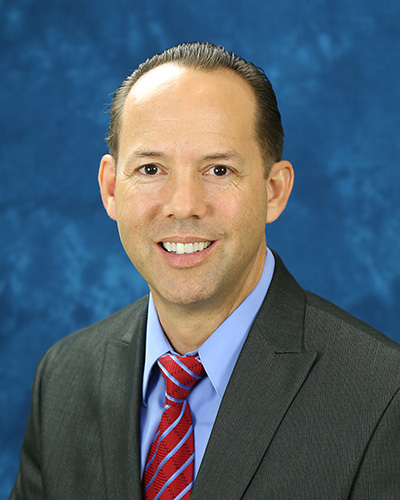Folsom, Calif. – (Oct. 3, 2022) – On the heels of the passage of President Biden’s
climate bill and the recent push for Californians to buy electric cars, it is in consumers' best interest to know
their purchasing power and the different financing options and programs available to them when going green, explains
SAFE Credit Union lending expert Lawrence
Lomeli.
“Switching to solar for your home doesn’t mean purchasing or leasing solar panels alone,” says
Lomeli, SAFE Assistant Vice President, Consumer Lending. “And buying an electric car is just the first
step.”
Along with initial purchases, Lomeli explains, consumers can expect to pay additional costs in the thousands of
dollars for chargers, components, and appliances to get the most out of their new engines, equipment, and
utilities.
Government assistance programs and tax incentives are available to offset additional costs. Another expedient option
for consumers are green energy loans and promotions, Lomeli explains. “Oftentimes with these loans, homeowners
and car buyers can reduce their monthly utility bills and car payments,” he says.
In August, Biden signed the Inflation
Reduction Act. The climate change, health, and tax law provides incentives to manufacturers of green energy
products, boosting availability. California’s Air Resources Board also
recently approved new regulations requiring all new cars sold in the state to be electric vehicles by the year 2035.

SAFE Credit Union Assistant Vice President, Consumer Lending Lawrence Lomeli
With these initiatives come new green energy expenses. For example, electric vehicle charging stations can cost between $500 and $1,200 with an average cost of a little more than $800 for a Level 1 station and
$1,300 for a Level 2 station, according to
HomeAdvisor.com. In addition, paying an electrician to install them can cost between $1,200 and
$2,000. Consumers may also have to pay for local permits. Electric cars themselves range between $27,000 and $120,000.
Switching to a solar panel-powered home can cost between $16,000 and $21,000,
according to the Solar Energy
Industries Association. Consumers are also advised to buy solar storage systems in order to reserve power.
These batteries can cost from $7,000 to $30,000, according to SolarReviews.
SAFE Credit Union members can apply for a green
energy loan of up to $25,000 to help pay for such added expenses. The loan can be used for solar and solar
storage systems, as well as other green energy improvements such as dual pane windows, home insulation, whole house
and attic fans, and electric water heaters.
With inflation, new electric car prices are trending higher resulting in a more demand for state
energy-savings programs.
SAFE also offers a green energy “down payment” loan of up to $10,000 for borrowers
purchasing plug-in electric passenger cars, pickup trucks or SUVs. The loan can help buyers fully finance a new
electric car loan.
“The advantage of this loan is you can finance 100% of the vehicle using a traditional auto loan plus the down
payment option,” Lomeli says.
Lomeli encourages consumers to also research public programs. They include:
Whether borrowing or taking advantage of government assistance, Lomeli says there are many avenues consumers can take
to avoid hitting roadblocks when going green. “There are lot of subtleties to keep in mind,” he says.
“You need to know what you need to buy and where to look, and then move forward quickly on the opportunities
to save or invest in green energy while they last.”
To interview SAFE Credit Union Assistant Vice President for Consumer Lending Lawrence Lomeli regarding green energy
and electric vehicle loans and trends, contact SAFE Public Relations and Communications Specialist Robyn Eifertsen
at [email protected], or (916) 792-1284.
About SAFE
SAFE Credit Union has made members an integral part of its vision since 1940. Over the years the credit union has
kept the focus on what really matters, putting members first, a formula that has seen SAFE grow into a leading
financial institution in Northern California with $4.5 billion in assets and about 246,000 members. SAFE crafts
every cutting-edge product and sterling service with members’ needs foremost in mind. In addition to banking
services conveniently available through online, chat, mobile, or phone options, SAFE offers in-person services for
members and small businesses at service centers across the Greater Sacramento region. SAFE is a not-for-profit,
state-chartered credit union with membership open to businesses and individuals living or working in Sacramento,
Placer, Yolo, El Dorado, Sutter, Butte, Nevada, Solano, San Joaquin, Contra Costa, Yuba, Amador, and Alameda
counties. Insured by NCUA. www.safecu.org